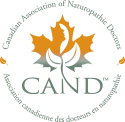|
Hydrotherapy: an underappreciated, underused, yet powerful modality.
“The cure for anything is salt water, sweat, tears, or the sea” - the words of an author from the 1800s. Water used in the right way at the right time can have profound benefits. Water therapy is one of the foundational cornerstones that Naturopathic Medicine was built on. It is an ancient method of treatment that has been used around the globe for as far back as history books can illuminate. But how did it come into use in modern medicine? In the 1800s a farmer named Vincent Priessnitz from Austria observed how wounded animals bathed in cold water to heal themselves. One day he applied this observation to his own broken ribs (he was run over by a carriage) using a cold water bandage. His success prompted him to help others around him and he eventually opened a hydrotherapy institution where he successfully treated thousands of people who the medical doctors of that time were unable to help. Around the same time, a priest named Father Kneipp from Bavaria was having similar success after healing his own tuberculosis with hydrotherapy. He went on to help many people using this therapy, one of them being a man named Benedict Lust. Benedict would become one of the “fathers of naturopathy”, combining water cure with nature cure modalities. One of his patient’s, named Henry Lindlahr, who came to him after being told by his physicians that they couldn’t do anything more for him, was cured by Lust’s therapies. Lindlahr then went on to finish his medical training and to write “Nature Cure”, which became the guide to the practice of nature cure medicine. There is so much more in the fascinating history of hydrotherapy and the development of Naturopathic Medicine, but for now, let’s get into some of the nitty-gritty of what water therapy does and how it actually works. [First, the caveats: hydrotherapy should be used in conjunction with proper nutrition, activity, and detoxification. The first rule in hydrotherapy is to treat the whole person and the treatments must be individualized. It may not be for everyone and should be utilized under the supervision and guidance of a Naturopathic Physician.] So how does hydrotherapy work? Besides increasing vitality and waking up the senses, in a nutshell, it brings well-oxygenated, nutrient-rich blood to an area while carrying away metabolic and waste products. In addition, if an organ or area of the body is anemic or congested, it can help to either increase or decrease the total volume of blood to that area. Here are five mechanisms of action that it has on the body.
There are many different applications of hydrotherapy and they should all individualized to the patient. I sincerely hope that you get the opportunity to experience the power of this simple therapy first hand in your life under the care and guidance of your Naturopathic Physician. Let's not underestimate it!
1 Comment
Our second genome?! Wow. Have you thought about it that way before?
The human microbiome is a fascinating area of research. The human body is colonized by a vast array of microbes not just in the gastrointestinal tract, but on the skin, in the mouth, the vagina, and airway. The largest population is found in the colon, and the second largest on the skin. And these invisible armies can either be extremely helpful to our health or extremely harmful. Let's take a peek at this study published in December 2020 called "Skin and the Gut Microbiome in Psoriasis: Gaining Insight into the Pathophysiology of it and finding novel therapeutic strategies". There has been a lot of evidence found to show that both the skin and the gut microbiota play a role in the immune response. In addition, an association can be seen between psoriatic attacks and microbiome alterations (particularly growth of opportunistic pathogens). In fact, psoriasis can be provoked by known certain bacteria, viruses, or fungi. What has been observed in cases of psoriasis is that common skin species are low, and opportunistic skin species are high, and and altered immune response is present. As we say in naturopathic medicine, "the germ is nothing, the terrain is everything." Our microbiome is so significant!! If there's a chance yours is out of balance, let your ND help you out with this - this is our jam! Chen, L., Li, J., Zhu, W., Kuang, Y., Liu, T., Zhang, W., Chen, X., & Peng, C. (2020). Skin and Gut Microbiome in Psoriasis: Gaining Insight Into the Pathophysiology of It and Finding Novel Therapeutic Strategies. Frontiers in microbiology, 11, 589726. https://doi.org/10.3389/fmicb.2020.589726 We've never had so many choices or variety at the grocery store. And we've never had so many options that seem unbearably tantalizing. I know we all want to eat well...but what does healthy eating even mean? What is eating normally?
Throughout the centuries people have been eating food (duh). Even in the 1800s, people were creating dishes and looking for ways to make eating more enjoyable and easier. And around the world this can look vastly different, can't it? Sometimes we tend to look backwards and think they had things figured out better in the past. But did they know more? Or was food just way more simplistic? How do we know what the right way to eat is? Thankfully there is some science involved in nutrition that has strived to answer this question. And what we have learned so far can be simplified to this: that artificial foods are not so great, but real food contains what our bodies need. So try not to overcomplicate it. Just eat whole, real food and don't even bring home the artificial stuff, because we all know it's just too hard to resist. Need some recipes? You can order your own "A Recipe a Day -12 ingredients or Less - 2021 Calendar" simply by emailing me at [email protected]. Nutrition for a whole year for only $25 (15% off)! For more information, just visit my website at www.drkatherinemasters.com! Around this time, some people are starting to think about year-end giving. I know there are so many amazing organizations for supporting people who need it, and today on American Thanksgiving I am grateful for all the generous people who give of themselves and their resources to other people! But today I just want to highlight one idea that I think is worth our consideration.
Do you know what place in the world is currently facing the largest humanitarian crisis of our time? Two-thirds of the population of this country is at risk of starvation, including around 2.4 million children. There has been a war in this country for the past 5 years and many of the schools and hospitals have been destroyed. Most of the children are not attending school and almost a fifth of them have lost their home. These people are not worried about Covid-19 at all despite its widespread impact. What they need is food, water, and safety. But because of Covid, much of the help they had been receiving has been cut off. Have you guessed what country this is? It’s Yemen. If you have any resources to help, please consider this country on your donation list. A couple places you can donate towards this effort include: -In Yemen: monareliefye.org -In Canada: www.partners.ngo/ca -International: savethechildren.org But please do your own research first. Thank you for reading! We don't always need to have the next step planned out before moving forward. Sometimes it's ok to be unrehearsed and unbound to the road map. This is where excitement, surprises and stories are often found! Who knows that life is more like flowing water than a highway anyway?! Embrace your journey with its bumps and turns and find the beauty within it.
Love, Dr. K
pregabalin (Lyrica) and Lorazepam (Ativan) without the unwanted side effects. Of course the dose and source of this essential oil is important but overall the studies are clearly proving the effectiveness of this beautiful botanical!
The second exciting piece of research out of BMC Psychiatry looked at the effects of using hyperthermic baths as an adjunctive treatment for depression (i.e. hydrotherapy!) What they found was that this was a treatment that patients were much more likely to comply with in place of other beneficial treatments for depression, namely, exercise therapy (only 2 people dropped out of the hot bath group vs 13 dropouts in the exercise group). After just 2 weeks of 15-20min head-out-of-water-immersion in a bath at 40C 2x/week, these patients had a mean difference of 4.3 points on their Hamilton Depression Rating Scale score and had no adverse events. Who else thinks we need more treatment options that are side effect free?! Natural medicines have been available in nature since the beginning of time - it’s just a matter of knowing what’s there and how to use it! (Ask your ND!) References: 1.Muller, W.E. et al. (9 Nov, 2020). Pharmacological basis of the anxiolytic and antidepressant properties of Silexan, an essential oil from the flowers of lavender. Neurochemistry International, Nov 2020, 104899. https://doi.org/10.1016/j.neuint.2020.104899. 2. Neamann, J. Et al. (11 Nov, 2020). Effects and feasibility of hyperthermic baths in comparison to exercise as add-on treatment to usual care in depression: a randomized, controlled pilot study. BMC Psychiatry, 2020; 20:536. doi: 10.1186/s12888-020-02941-1. 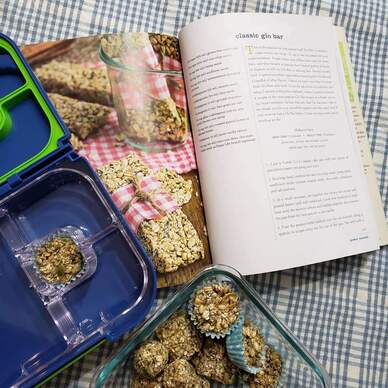 This is one of my favourite go-to school lunch recipes. It can be hard to find a store-bought granola bar that doesn't contain high fructose corn syrup (my top most disliked ingredient that hides under so many different names). They are nut free and easy to make! You can cut them into squares, roll them into balls, or press them into mini cupcakes. And they are versatile- you can use various types of cereal and add or swap out ingredients (I added pumpkin seeds this time). I substitute the peanut butter for either sunflower or pumpkin seed butter and forgo the chocolate chips. You could almost think of them like healthy rice crispy square. The recipe is from Angela Liddon's "The Oh She Glows Cookbook". Enjoy! Starting to look for Christmas presents for an aging parent or friend? I have an idea for you!
Do you know what the queen honeybee eats? It’s something that the nurse worker bees who take care of her produce from their glands - specifically for her: Royal Jelly. The make up of Royal Jelly is truly astounding and has all kinds of health benefits. But one recent study zeroed in on its use for cognitive aging and Alzheimer’s disease. There is still a lot more research that needs to be done in this area, but pre-clinical studies have shown much promise! What they found in this review was that Royal Jelly “has a potential to recover cognitive deficits and increase glial and neuronal cell survival in experimental models of advanced aging and Alzheimer’s Disease. Royal Jelly demonstrates neuroprotection against Aβ and tau pathologies via enhancement of the antioxidant system, suppression of inflammation, augmentation of neurotrophin production and synaptic signal transduction, all of which promote healthy neuronal structure and function.” Of course this cannot be the only treatment used. The article discusses the disappointing drug options for these conditions as well as the benefits of addressing the microbiome, oxidative stress, inflammation, and metabolic dysregulations in the cases of cognitive aging. This is just a snapshot of the paper but you can read all the details at the reference cited below. And perhaps Royal Jelly could prove to be a solid addition to someone’s Christmas list! Amira Mohammed Ali and Hiroshi Kunugi (Sept 2020). Royal Jelly as an Intelligent Anti-Aging Agent – A Focus on Cognitive Aging and Alzheimer’s Disease: A Review. Antioxidants, 9(10), 937; https://doi.org/10.3390/antiox9100937 In one study made up of mostly college students who were receiving counseling services for depression and anxiety, the participants were broken up into 3 groups: the first wrote one letter of gratitude to another person each week, the second wrote about their deepest thoughts and feelings about negative experiences, and the third did nothing. It was the first group reported significantly better mental health at 4 weeks and 12 weeks after their writing exercises had ended.
So take some time to write down what you are thankful for this weekend and have a very Happy Thanksgiving! Reference: Y. Joel Wong et al. (2018) Does gratitude writing improve the mental health of psychotherapy clients? Evidence from a randomized controlled trial, Psychotherapy Research, 28:2, 192-202. The World Naturopathic Federation represents naturopathic organizations around the world and helps to provide education about the value of naturopathic medicine to the health of all people. With the help of more than 40 naturopathic researchers, practitioners, and content experts, they have produced several rapid reviews on various naturopathic recommendations for acute viral respiratory infections. These include N-Acetyl Cysteine, Vitamin C, Vitamin D, Multivitamins, Zinc, Quercetin, preventative health behaviours, yoga, Echinacea spp, Sambucus nigra, Hendra helix, Honey & bee products, sea buckthorn, and Eucalyptus & Thyme essential oils. You can find these reviews and further resources at http://worldnaturopathicfederation.org/covid-19-resources/.
Of course it must be said that the naturopathic profession acknowledges that at this time there are no proven treatments for Covid-19. |
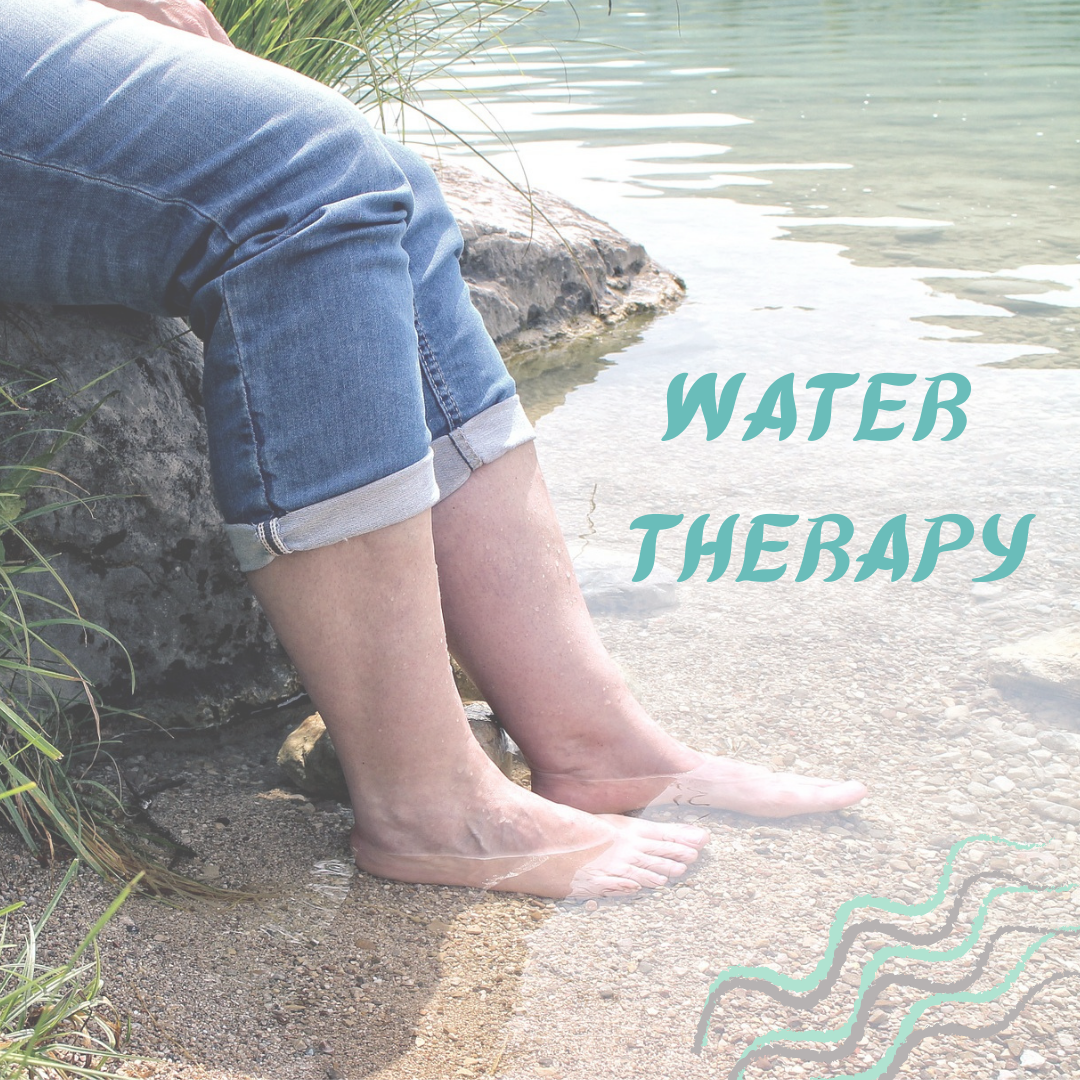
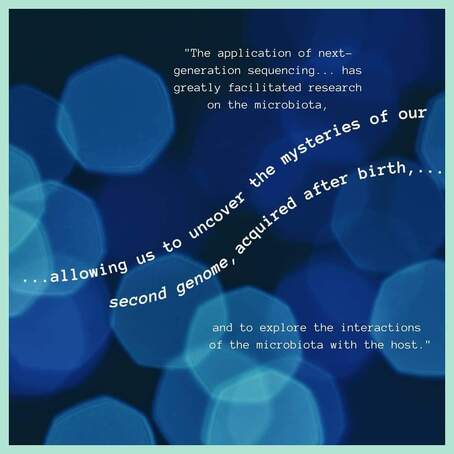
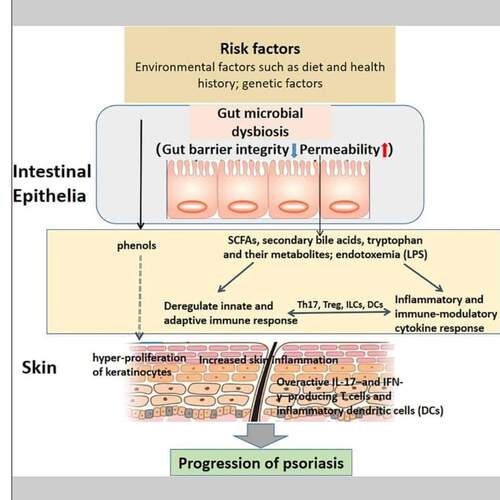
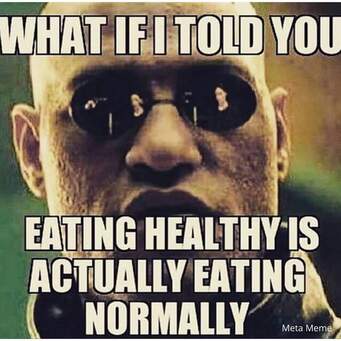
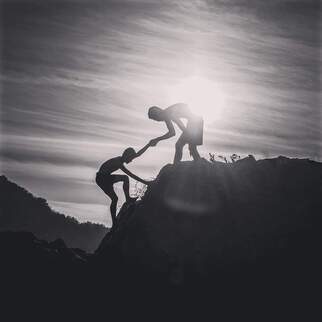
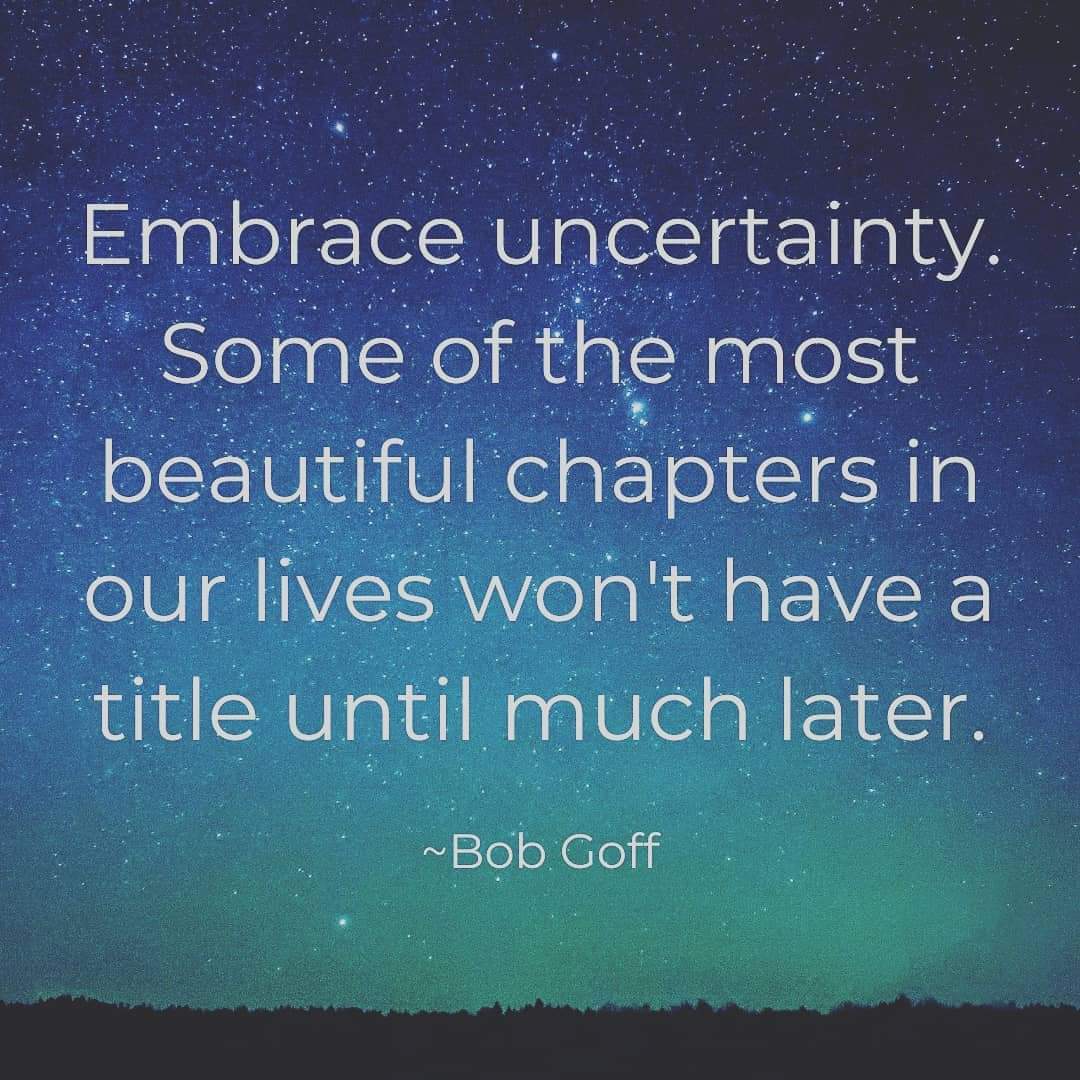
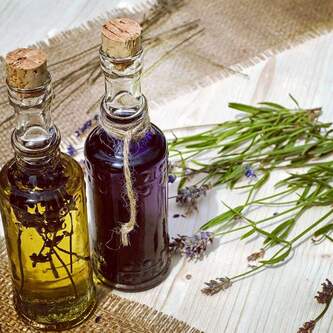
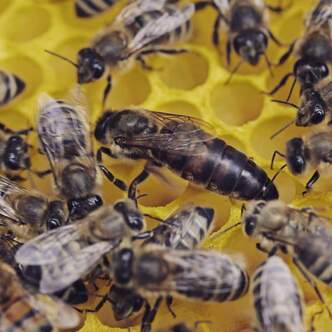
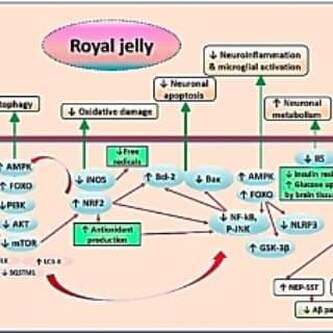
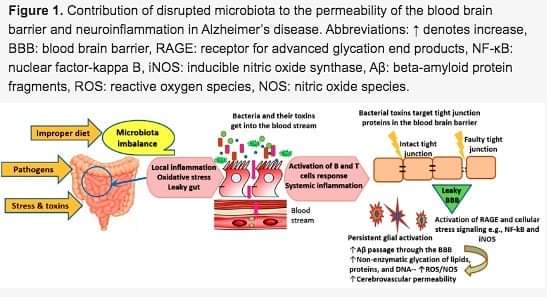

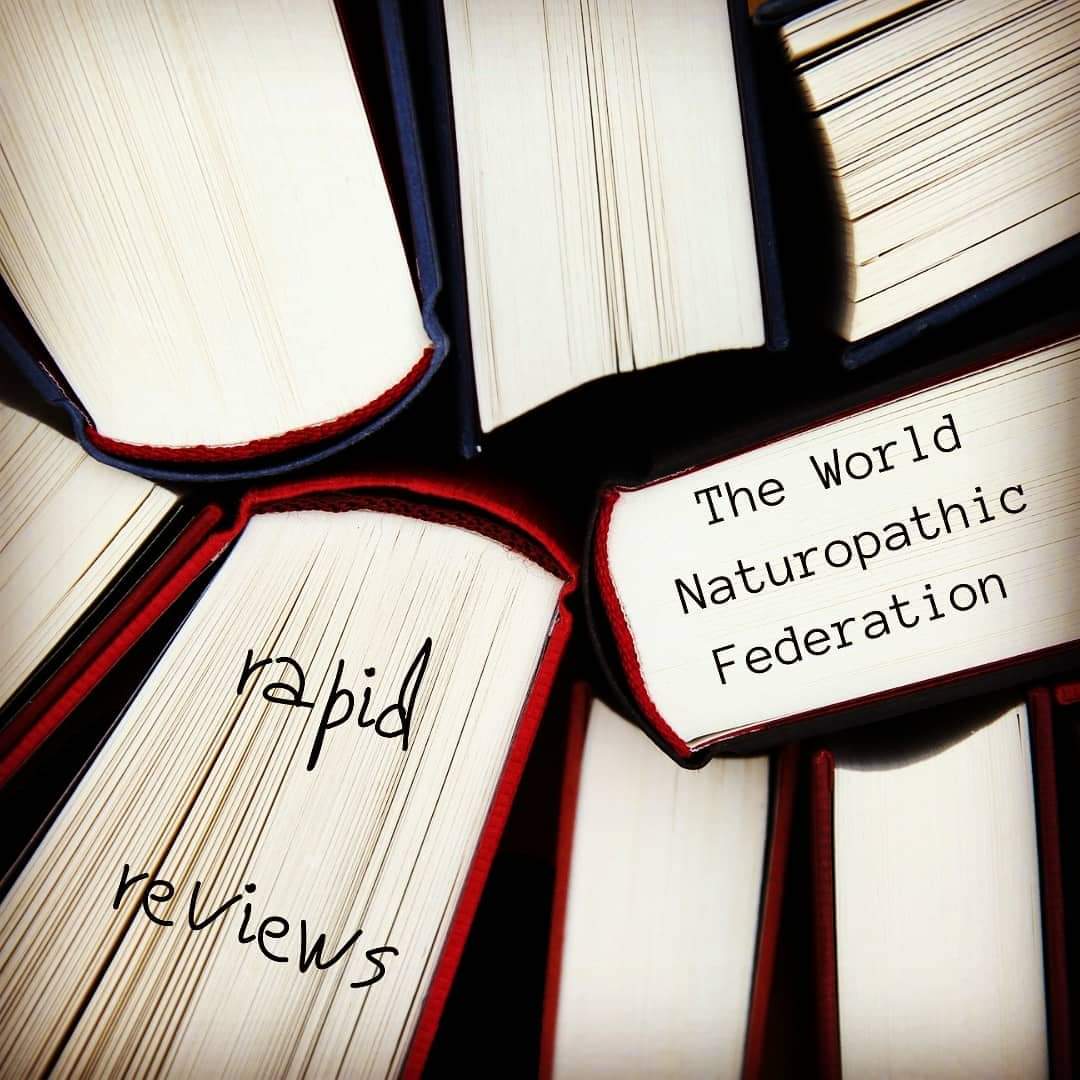
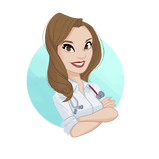
 RSS Feed
RSS Feed



